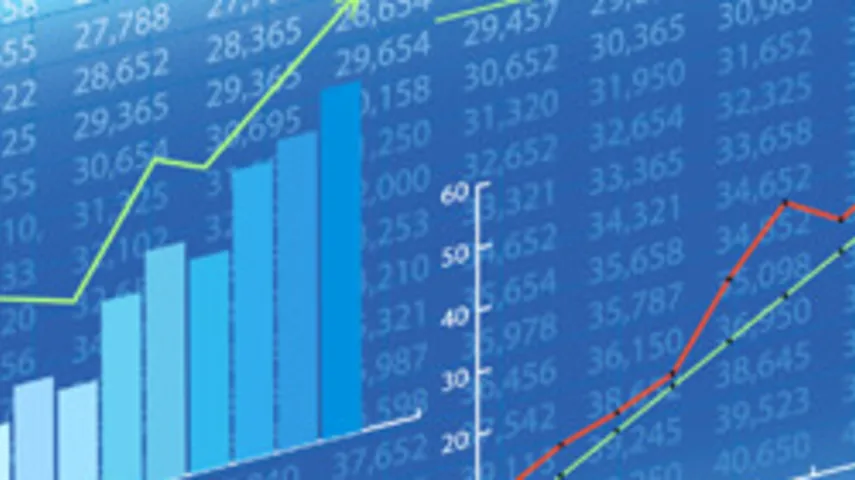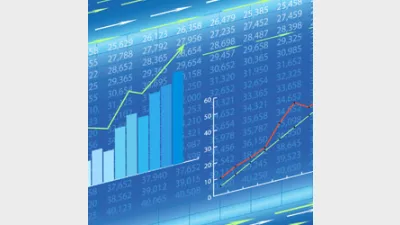CGT changes require SMSF caution



Self-managed super fund (SMSF) trustees need to take a closer look at their treatment of gains and losses with respect to trading stock affecting capital gains tax (CGT), following the recent passages of legislation.
That is the assessment of DBA Lawyers' Bryce Figot and Nathan Papson, who say that although complying superannuation funds have generally been required to treat all gains and losses made on assets according to the CGT provisions, the exception which related to assets constituting trading stock has been abolished.
Papson and Figot say its removal has particular significance for self-managed super fund (SMSF) trustees.
"The Tax Laws Amendment (2012 Measures No 1) Bill 2012 was introduced on 21 March 2012," said Figot.
"It limits complying superannuation funds' ability to treat gains and losses from certain assets' shares on revenue account. These assets are shares, units in a trust, land and similar assets."
"Gains and losses will be treated in accordance with CGT provisions."
Figot said that the Explanatory Memorandum to the Bill gives an example of an SMSF engaging in a share trading business during the 2012 financial year.
"The gains and losses of those shares are therefore to be treated as capital gains and losses, as opposed to revenue gains and losses," he said.
"The Bill will have effect from 7.30pm on 10 May 2011 and, as such, most assets acquired by complying superannuation funds after that time must be treated according to the CGT provisions where assets held as trading stock prior to this date can continue to be taxed on revenue account."
According to Figot and Papson, the broader significance for self-managed super funds is that a net capital loss in a financial year can be carried forward and applied against capital gains in future years.
"Therefore, SMSFs may not reap the benefit of net capital losses in the current financial year," Figot said.
"In contrast, losses on shares that were trading stock previously provided SMSF trustees with an immediate deduction."
Figot said that the Bill was proposed to have retrospective effect from 10 May 2011.
"SMSFs should seek specific advice on how to treat trading gains and losses in the 2010/11 and 2011/12 financial years," he said.
"If SMSFs have not already anticipated this legislation, it may require amending income tax returns."
Recommended for you
Data and technology provider Novigi has acquired Iress’ superannuation consulting and managed services business from Apex Group.
AMP is to launch a digital advice service to provide retirement advice to members of its AMP Super Fund, in partnership with Bravura Solutions.
Unveiling its performance for the calendar year 2024, AMP has noted a “careful” investment in bitcoin futures proved beneficial for its superannuation members.
SuperRatings has shared the median estimated return for balanced superannuation funds for the calendar year 2024, finding the year achieved “strong and consistent positive” returns.









